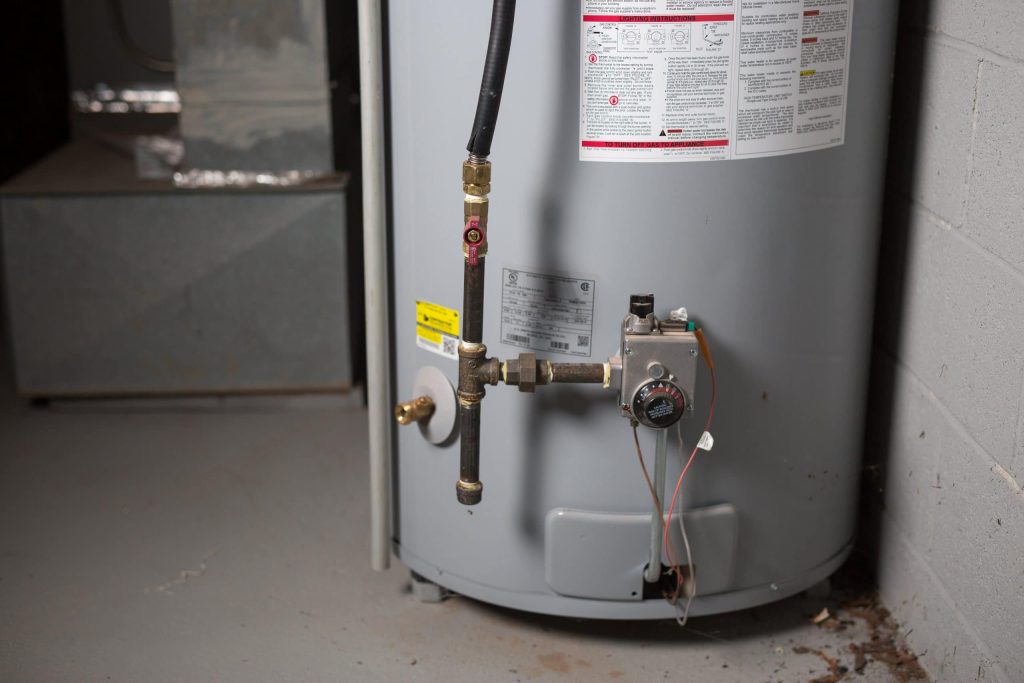Your water heater provides an invaluable service to your home unless you are happy taking cold showers and washing dishes in cold water. But without a little bit of TLC from time to time, you could wake up to no hot water in your home, and an unexpected expense for a new unit. Fortunately, as long as you have a traditional water heater with a holding tank, there are some very simple ways that you can provide the attention it needs to work well for many years.
Be Attentive
The first step in maintaining your water heater is merely paying attention to the hot water you use each day. Are you waiting longer for your shower water to get hot? Is your hot water not as hot as it once was? Does your hot water look cloudy, have particulates, or have an offensive odor? All of these are signs that there is an issue brewing in your water heater that will require some attention.
What These Hints Mean
When you notice that it is taking longer to get hot water or the water is not as hot as it once was, these are signs that your water heater needs some help. It could be as simple as sediment building up in the tank and forming an insulation barrier between the heating element and the water. Or the issue could be a heating element that is wearing out and needs to be replaced. Fortunately, the licensed plumbers at Flow Plumbing are factory trained to repair all makes and models of water heaters. So your water heater heating element can be replaced, saving you the cost of a replacement unit. Just call (214) 388-8838, to schedule a service call.
If you notice particulates in your hot water, the water is cloudy, or there is a foul smell to the hot water, it is most likely due to contaminants in the holding tank. Draining and cleaning the tank should eliminate the problem and get your hot water back to crystal clear and odor-free. If you are not familiar with the tank draining process, call us at (214) 388-8838, and we will get the job done quickly and affordably.
Look At And Around Your Water Heater
From time to time, it is good to inspect your water heater and the area around it proactively. Look for signs of leaks in the pipes, rust or corrosion on pipes or fittings, and signs of wear or corrosion on the holding tank. Leaks in the pipes and fittings can easily be repaired before the water damages your home or the exterior of the water heater holding tank. Rust or corrosion on the tank itself is a more serious problem. There is no industry-accepted process to repair rust or corrosion on a water heater holding tank. The only solution is to replace the unit. But taking action before the tank has a severe leak is the best way to avoid costly water damage to your home.
It is also a good idea to inspect the pressure relief and drain valves on your water heater holding tank. The pressure relief valve bleeds off excess pressure to avoid a tank rupture. But it should never be leaking any water when the tank is operating correctly. The drain valve is where you attach a garden hose to drain the holding tank. This valve should remain sealed, but you should be able to open and close it easily. If you discover any issue with either of these valves, call (214) 388-8838 to avoid costly problems and a few days of cold showers.
Spring Cleaning
Over time, sediment and minerals from your water supply accumulate inside your water heater holding tank. And the more sediment that builds up, the less efficiently your water heater will function. To avoid overworking your water heater, wasting energy, and limiting your supply of hot water, the holding tank should be drained and flushed once each year. And the best way to remember to take care of this maintenance is to add it to your spring cleaning list.
If you are familiar with the process, you know that it will take less than an hour. And it can prolong the life of your water heater by several years. If you are not that handy with tools, make a note to call (214) 388-8838 each spring to schedule a licensed plumber from Flow Plumbing out to take care of this vital job for you.
Having hot water in your home is more of a necessity than a luxury. And as soon as your water heater fails, you will agree 100% with this statement. But to avoid that annoying event, follow these guidelines to keep your hot water tank functioning for years to come.











